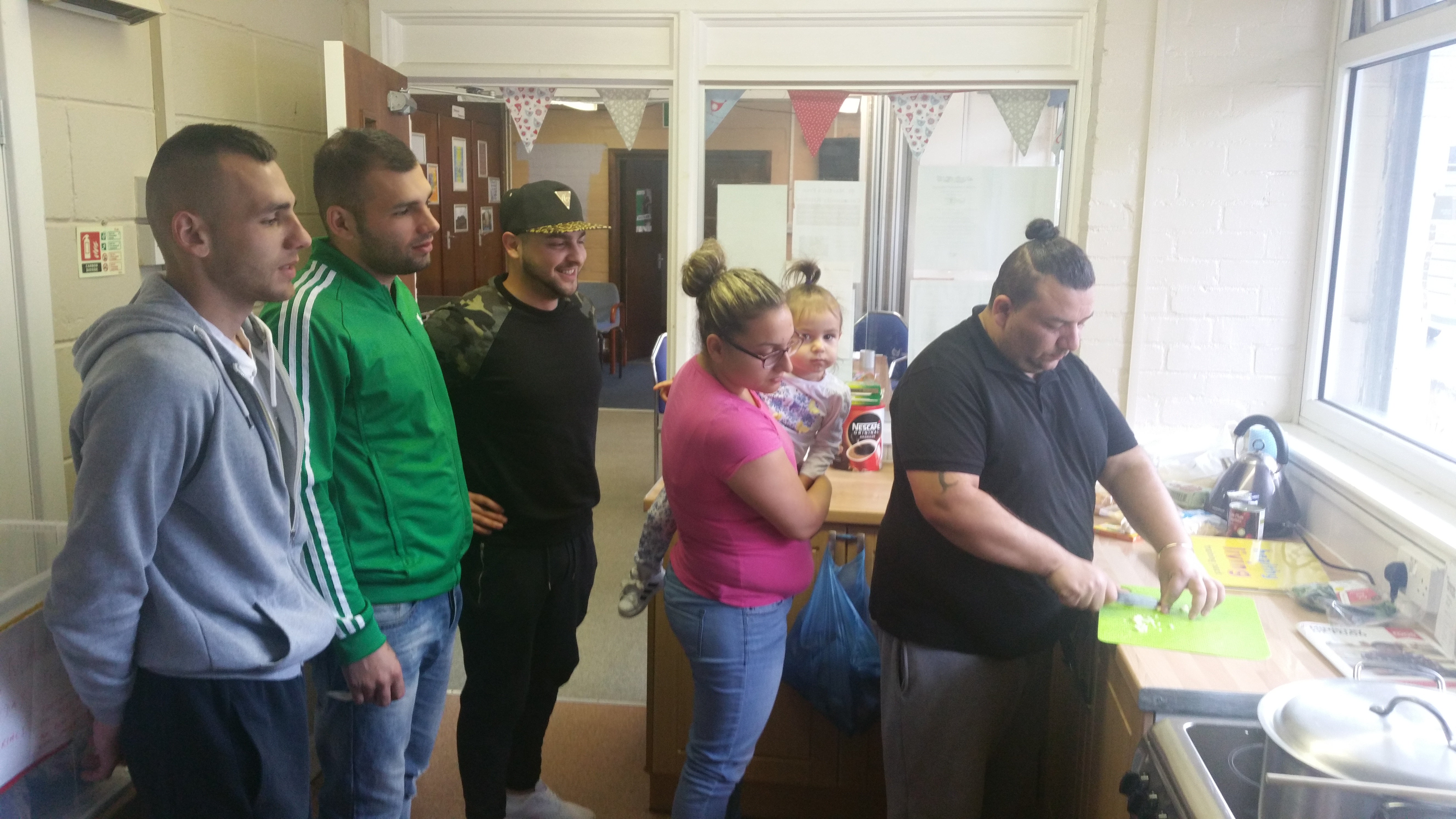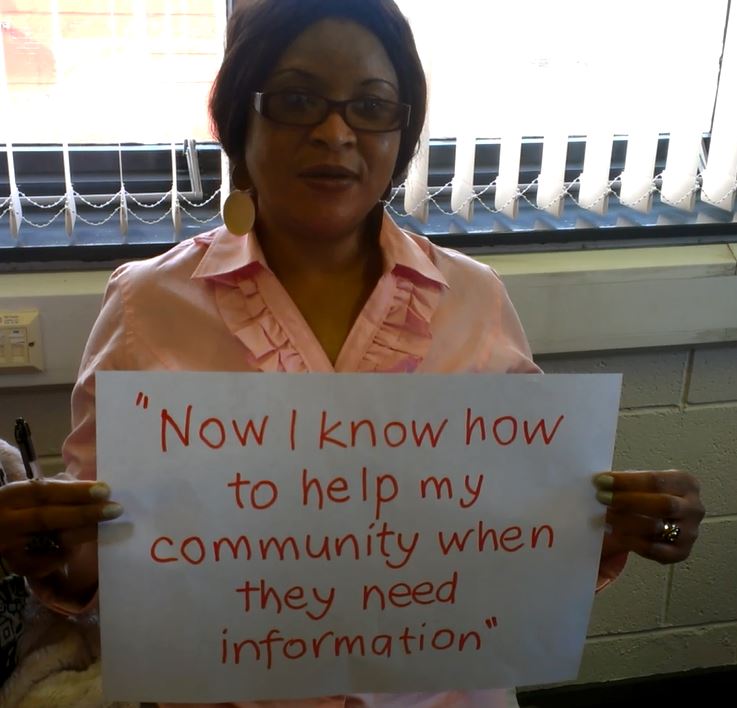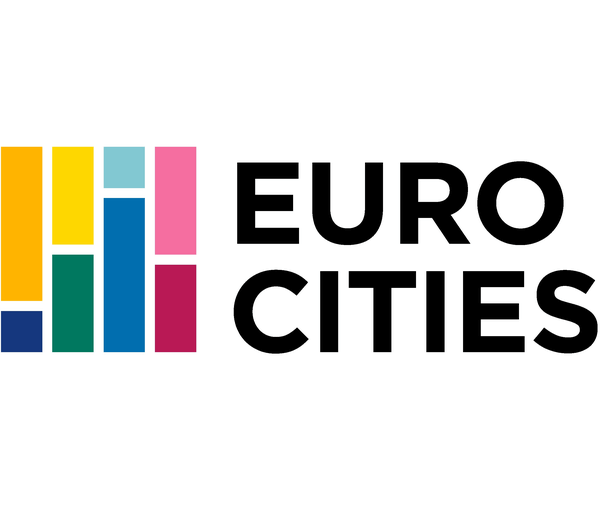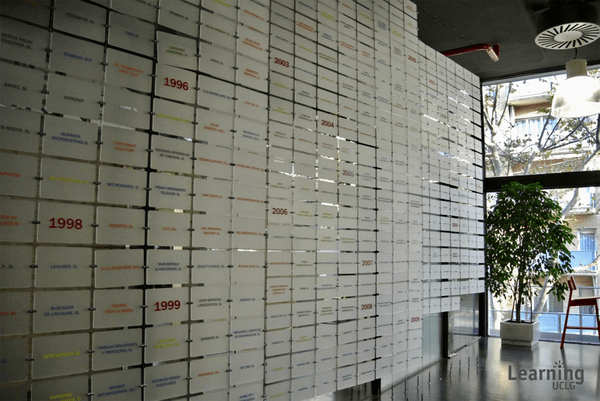City
Leeds
Main actors
Local Government, NGO / Philanthropy, Community / Citizen Group
Project area
Whole City/Administrative Region
Duration
Ongoing since 2010
A citizen-led initiative to build relationships between newly arrived migrants and service providers.
The City of Leeds has harnessed the strengths of migrant communities to help growing numbers of new arrivals, fleeing war or looking for a better life, settle into the city. The city’s belief is that a citizen-led approach would enable communities, in the first instance, to identify their unique needs, and to develop and implement their own solutions to address those needs. This approach would also mean the city itself could benefit from the more appropriate use of existing services, the creation of additional and more relevant services, better-informed and more employable new citizens and the establishment of more cohesive and productive communities.
The Migrant Access Project is a way for those who have already made links in Leeds to help others. It aims to reduce pressure on highly impacted services. It does so by raising awareness among new arrivals of how the system works, and by helping them put down roots through strengthened relations with existing settled communities.
Originally published by EUROCITIES, the network of 130 European cities - PDF: http://nws.eurocities.eu/MediaShell/media/2016%20Awards_Cities%20in%20action_Leeds.pdf
Eurocities Awards
This project was awarded the 'Eurocities Awards' in 2016 in the following category: Participation.
On Map
The Map will be displayed after accepting cookie policy






